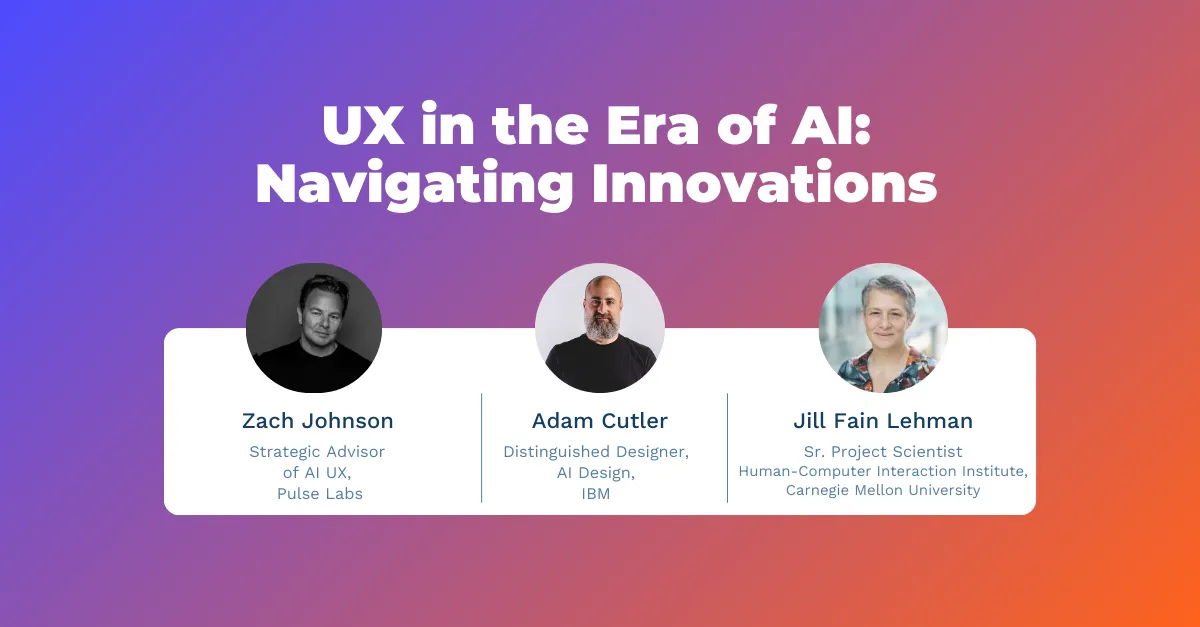In the ever-evolving space of Generative AI, an interesting pattern emerges—users willingly divulging personal information when they think they will receive a more tailored user experience. This behavior underscores how important it is for app owners and product development professionals to streamline the customer journey, offering users seamless interaction. Despite the high prevalence of most users to share more information, others hesitate due to the perception of bias in AI.
This isn't unique to AI users. Personalization is quickly becoming an expectation across many different types of technology. To learn more, read our in-depth story about how NFL fans crave a personalized user experience. Generative AI may provide its own fuel to help businesses achieve higher levels of personalization.










